Skills and recruitment challenges threaten region’s thriving space sector
Skills gaps, shortages and recruitment challenges are the biggest threats to South Central England’s £3 billion space sector, according to new research.
The Space Sector Skills Survey 2023, commissioned by the UK Space Agency (UKSA) and the Department for Science, Innovation and Technology (DSIT), echoes research conducted by Space South Central which represents the industry across Hampshire, Surrey and the Isle of Wight.
Despite enjoying continued growth over the last decade, the South East is identified as among the most difficult places in the UK for space industry recruitment, with ‘lack of necessary skills and experience’ the biggest barrier to filling vacancies. The survey also reveals that:
Roles within software development and data and systems engineering have the most vacancies, together making up half (49%) of all vacancies.
Electronics, systems engineering, and spacecraft operations roles are the most difficult to recruit for.
52% of organisations reported skills gaps in their current workforce. This problem is acute for large organisations, where 65% report a skills gap in their current workforce.
Of those reporting a skills gap in their current workforce, 72% have a gap in software & data skills, significantly higher than any other technical area. This is partly driven by a need for skills in AI and machine learning (41%) and data analysis and modelling (36%).
Half (50%) of organisations expect that their space skills needs will be different in three years’ time, with 81% of these organisations predicting a need for software and data skills, and 70% highlighting AI and machine learning in particular.
While the competition for candidates from other space companies has remained largely constant since the 2020 Space Sector Skills survey, competition with other sectors has increased significantly, particularly engineering (39%) and tech/IT (20%).
Dr Jason Hopkins, Senior Innovation & Research Scientist at Ordnance Survey (OS), which has its head office in Southampton, was quoted in the survey report as saying: “Data scientists are a key part of our delivery plan, but it’s difficult to recruit and retain them because we are competing with the likes of Google, and their higher salaries they can pay compared to a public sector organisation like OS.”
The UK’s largest space cluster, Space South Central brings together more than 130 space-related organisations and the universities of Portsmouth, Southampton and Surrey and has a crucial role in tackling the challenges raised in the survey on a local level.
The survey’s findings echo the concerns voiced by regional space organisations and education providers at a Space South Central-hosted Skills Roundtable with Science Minister George Freeman in June.
Among the issues raised at the event were the predicted increase in retirement among skilled, experienced employees, exacerbating existing recruitment challenges, and the need for more appropriately skilled trainers and teachers. A nationwide shortage of teachers in STEM subjects is compounded by suitably qualified candidates opting to pursue more highly paid industry careers.
Space South Central is working with employers and education providers to develop new strategies to address space sector skills gaps and build on existing training opportunities in the region. Its own skills survey found that the region has a ‘very strong’ provision of further and higher education courses related to sought-after skills such as software development, data science, and cyber security.
Roy Haworth, Chairman of the Space Apprenticeship Trailblazer Group said:
“With the development of vocational routes into the space industry such as the Space Technologies Higher Technical Qualifications (HTQs) and Space Engineering Technician and Space Systems Engineer apprenticeships the space industry now has the possibility to feed the pipeline of talent for the future at all levels.
“Industry and further and higher education need to work together to get these pathways more clearly signposted and utilised so that we attract higher volumes of early careers entrants into the sector."
One of Space South Central’s founding partners, the University of Portsmouth, is developing a Space Engineering Degree Apprenticeship, and the region accounts for around 8% of all internships offered as part of the UK’s Space Placements in INdustry (SPIN) scheme - on a par with the number offered annually in Scotland, Wales and London respectively.
KISPE (Farnborough), Earth-i (Guildford), Ultima Forma (Tadley) and Global Trust (Alresford) are among the businesses involved with the SPIN initiative. KISPE, SSTL (Guildford) and ASTA Technology (Portsmouth) also offer continuing professional development (CPD) opportunities for space sector employees, with ASTA Technology home to one of only a handful of European Space Agency-certified soldering schools in Europe.
Director of the Space South Central Enterprise Network, Dr Louise Butt, said:
“Hampshire, Surrey and the Isle of Wight have a stellar 50-year heritage of space innovation and expertise, and the range of specialisms here is unrivalled anywhere in the UK.
“However, tackling skills gaps and attracting the right employees is a top priority if we are to future-proof further economic and job growth.
“This region is one of the best places in the UK for a space career - whether you’re a school leaver, graduate or experienced professional. The sector is hungry for talent at all levels in a staggering range of professions, from hands-on engineering and manufacturing to software development, logistics and project management.
“Our mission is to ensure that our region stays at the forefront of the UK space industry, and a huge part of that is supporting the developing of training opportunities and helping employers of all sizes attract and retain the staff they need.”
Earlier this year, Space South Central announced a partnership with spacecareers.uk to promote space sector vacancies in the region and the site’s newly-improved information and advice for people interested in space careers.
